![]()
» JCPOA Joint Commission and Europe’s Stance
Editorial of Arman Emrouz deals with JCPOA Joint Commission held in Vienna and points out to the fact that as Iran has fulfilled its obligations, it is obvious that it would raise the issue of the U.S. not fulfilling its obligations and violating JCPOA (the nuclear deal).
According to the editorial, if members of the nuclear deal accept Iran’s claims as to the U.S. not fulfilling its obligations, then they must remind the U.S. of its obligations because JCPOA’s ratifications are based on UN Security Council’s decisions. Nevertheless, the result of the 10th JCPOA Joint Commission so much depends on Europe’s stance towards JCPOA and their pressure on the U.S.
The editorial goes on to say that what can guarantee the future and interests of Iran is Europe’s critical stance and pressure on the U.S. Nonetheless, it is possible that some members of the nuclear deal may remain silent about the U.S. violation of JCPOA, or even take side with America. For example, the French president has taken a position in line with the White House regarding Trump’s claims about Iran’s ballistic missiles. Before this, the U.S., Britain, and France issued a joint statement, asserting that the issue of Iran’s ballistic missile should be investigated by United Nations.
At the end, the editorialist holds that if all parties in the nuclear deal act with good intentions, then obviously some of the existing problems might be expected to be resolved. But if the other parties intend to agree with the U.S. views, then the result of 10th JCPOA Joint Commission might be just a gentle recommendation to the U.S.
An Editorial in “Arman Emrouz” on December 12, 2017
» Trap Named Giving up on Rouhani
The editorial of Arman daily focuses on the issue of reformists and Rouhani’s supporters giving up on him –an issue raised particularly in recent months and after Rouhani allocated money to certain organizations and institutes in the annual budget this year.
According to the editorial, objections to allocating budgets to these institutes and organizations must be considered from different angles. The government naturally couldn’t eliminate or decrease some institutes’ budget, as in that case, the Parliament would disagree with it, thus creating new challenges for the government. The government doesn’t have the power to close these institutes or deprive them of budget.
The editorial continues: all those who supported Rouhani in presidential election had some goals, and if they haven’t achieved their goals, then they can logically raise the issue of giving up on Rouhani. Those who voted for Rouhani for his plans, the general conditions, or removing possible dangers have either achieved their objectives or not. If they have not attained their objectives, then they must give up on Rouhani.
The editorial then ponders on different ways of giving up on Rouhani: some think it means personally opposing him, and some want to achieve their desirable outcome by not supporting the government, while putting it under pressure. But, the editorialist holds, what is for sure is that those who now bring up the issue of giving up on Rouhani will regret it later, after seeing that nothing changes by giving up on the president.
At the end, the editorial considers the possibility that some people outside the reformists’ circle raise such issues to make the reformists lose hope, believing that this hopelessness will result in people not participating in future elections. However, it must be known that if a populist, like former president Ahmadinejad, takes office after Rouhani, it will have disastrous consequences for the country.
An Editorial in Arman Emrouz on December 12, 2017
» Necessity of Developing Iran-Britain Relations
The editorial of Arman Emrouz focuses on reasons why Iran must continue its dialogue with Britain for both political and economic reasons.
According to the editorial, if Iran is after developing economic relations with Europe including Britain, and if Iran wants Britain to emphasize on implementing the nuclear deal (JCPOA) amidst existing tensions between Iran and the U.S., then it must continue its dialogue with Britain. Iran’s decision-makers in foreign relations, as well as Iranian president himself, must think about how to resolve some of the existing issues between the two countries.
The editorial continues: it is only after solving such issues that Britain can be expected to help Iran economically, boost Iran’s position against the U.S., and help lifting banking sanctions against Iran. Lifting these sanctions is so vital for Iran’s economy because if a country signs any kinds of economic contracts with Iran and intends to invest in the country, there are no banks in Europe and the U.S. to transfer investments into Iran.
The editorial then points out to Britain’s special place in international relations. This country is still an influential member of EU, and is also one of the parties in the nuclear deal with Iran. What is more, Britain can soften recent stances of French president against Iran.
At the end, the editorialist asserts that Britain most certainly has the power to influence U.S. sanctions over Iran’s banking issues, but such a measure depends on how Iran and Britain can have common achievements in negotiations. The decision is up to Iranian officials. They are the ones who should decide about political and economic relations between Iran and Britain.
An Editorial in “Arman Emrouz” on December 11, 2017
![]()
♦ Altercation between Ahwaz’s MPs with head of Environment Organization
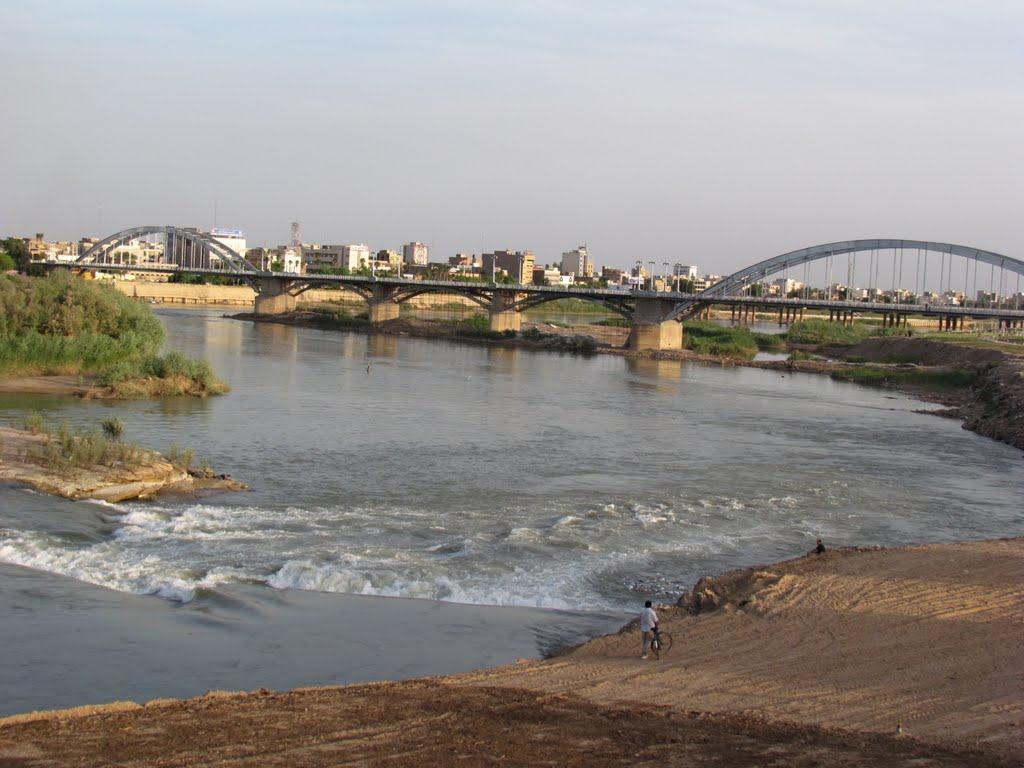
There was an altercation between Ahwaz’s MPs and Issa Kalantari, head of Environment Organization, in objection to his confidential letter to Vice President Eshaq Jahangiri for transferring water of Karun River from this province. In the meeting of the administrative council of the province, held with the participation of Vice President Eshaq Jahangiri, Energy Minister Reza Ardakanian, Industry, Mine, and Trade Minister Mohammad Shariatmadari, and Issa Kalantri, there was an altercation between this province’s MPs and head of Environment Organization. Ahwaz’s MPs had objections to transferring water from this province.
Gooya news
♦ Velayati: the U.S. is after creating new unrests in Iraq, Syria

Ali Akbar Velayati, the senior advisor to Iranian leader in international affairs, said ‘Americans came [to the region] without invitation, and are after dominance’, adding that ‘Americans are after creating unrests in both Syria and Iraq, particularly in Raqqa.’ He emphasized that only those must be present in West Asia who are either from that region or are invited by lawful governments of those countries, urging that ‘Iran has had an advisory presence in Iraq and Syria by legal invitations of Iraqi and Syrian governments.’
Tasnim news
♦ 64% increase in gas export
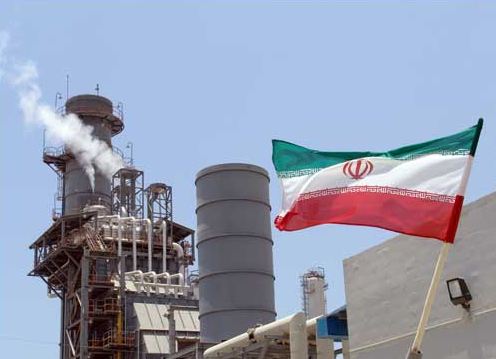
Manager of International Affairs of National Gas Company said Iran’s gas export, in the first 5 months of this year, has had 64% increase, and this process continued in first 100 days of the 12th government as well. Behzad Babazadeh, in explaining the measures of National Gas Company in the first 1000 days of the 12th government, said: natural gas export to Iraq has increased during past 100 days from 7 million cubic meters to 14 million cubic meters per day.
IRNA
♦ Lawmaker’s controversial remarks in Parliament
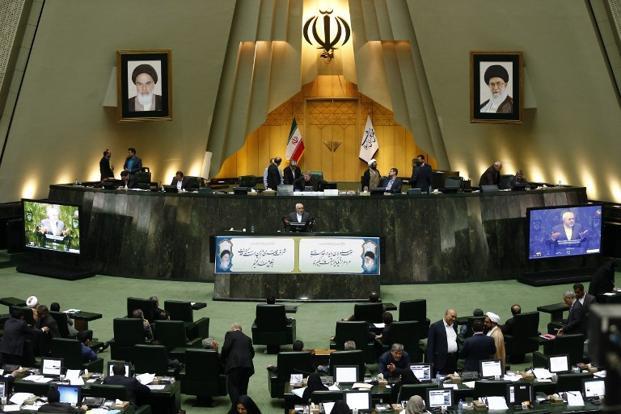
Tehran MP Mahmoud Sadeghi said some of ministers and officials in current government are active in private sector, and there is a conflict of interests between their activities in private and public sectors. Tehran MP added he has warned the government several times that conflict of interests of powerful people in public and private sectors is one of the causes of corruption. Sadeghi asserted that members of the board of directors must be prevented from being in boards of trustees of banks and firms, urging that security, supervisory, and law enforcement institutes, as well as ‘houses of some religious authorities’, must refrain from economic activities.
Shoma news
♦ Two of Rafsanjani’s children banned from leaving country
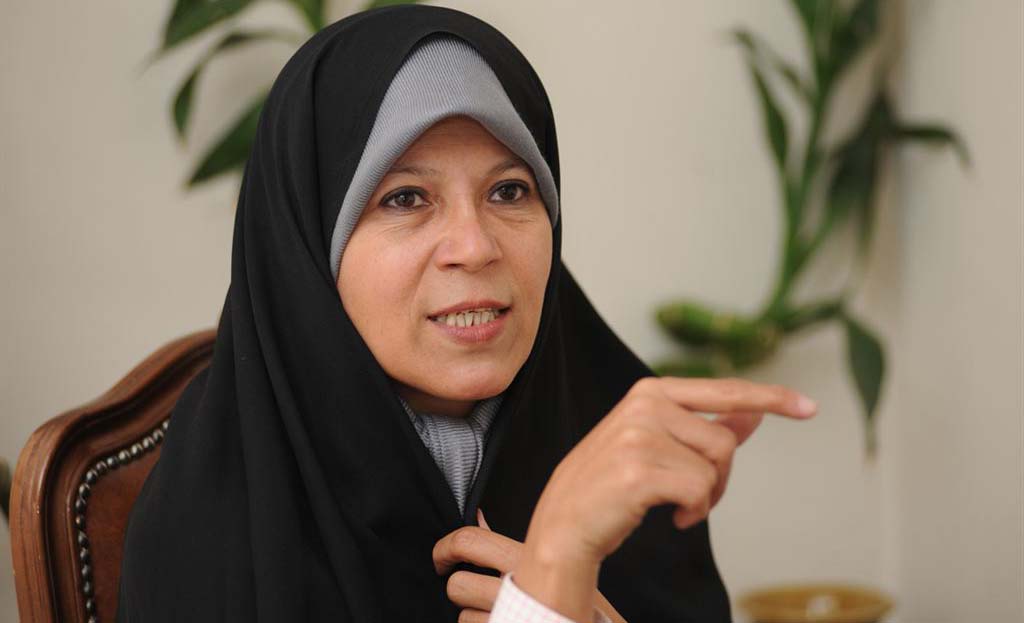
Mahmoud Alizadeh Tabatabei, the lawyer, said with regard to banning some members of late Hashemi Rafsanjani’s family that he has followed up the issue, and according to Article 16 of passport law, Faezeh and Yasser Hashemi, Rafsanjani’s daughter and son, are banned from leaving the country. He added that this doesn’t mean these people are charged, because Article 16 of passport law stipulates that, by the discretion of the judge, people can be banned from leaving the country.
Alef
♦ Central Bank Governor’s false claim: Dollar dropped from Iranian transactions

Despite the fact that Iran’s whole economy is run by dollar, Governor of Iran’s Central Bank claimed that dollar has no function in Iran’s banking system and is dropped from the circle of transactions. Meanwhile, with least change in rate of foreign currencies particularly dollar, prices of essential and non-essential goods considerably increase in Iran. Likewise, when dollar’s rate went up after the 12th government started its work, there were strong fluctuations in Iran’s foreign trades and economic transactions.
Jahan Sanat
♦ 180,000 graduates immigrated from Iran in one year
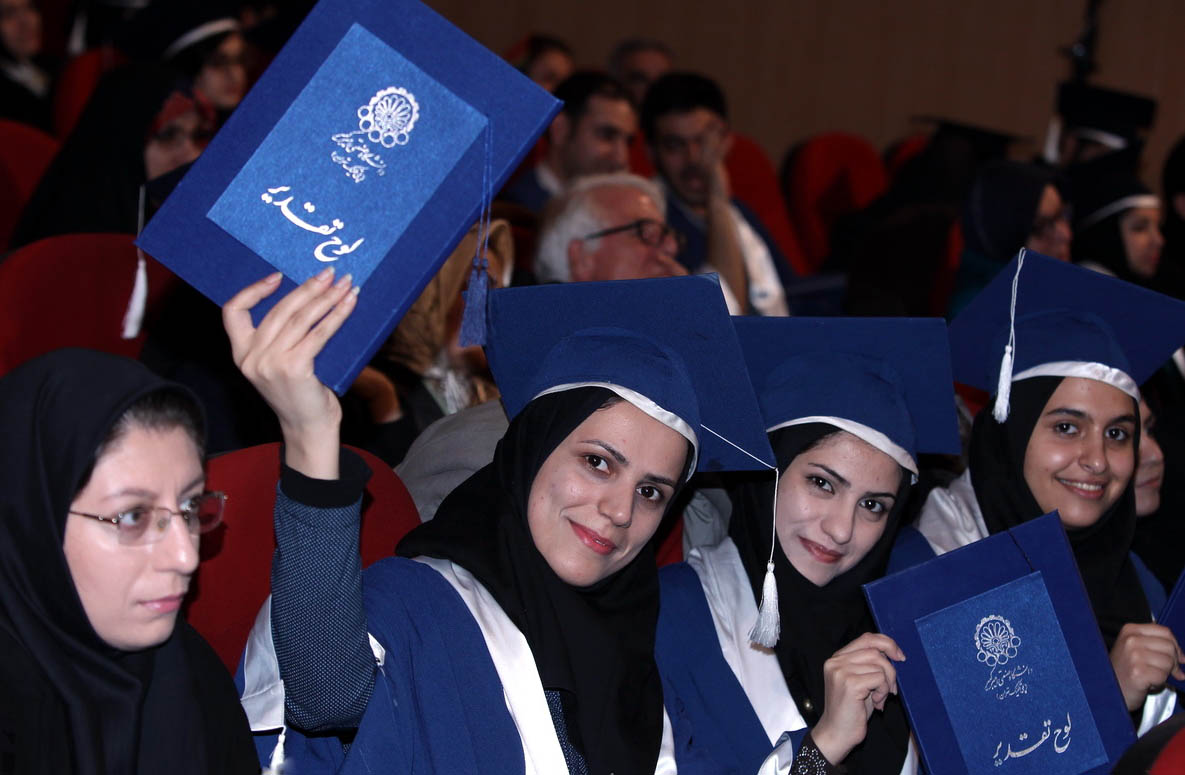
An official in medical education called brain drain from Iran a disaster. Experts warn about university graduates and students leaving the country, seeing the educational system in Iran as the main cause in this regard. They hold that higher education system spends national capital on educating the elites, but it is the foreign countries that gain the scientific benefits of these people.
Rashid Heidari, deputy to Hamadan’s Medical Sciences University, said 180,000 Iranian graduates left the country in 2015 and immigrated to other countries including Canada. Aliyeh Shekarbeigi, the sociologist, said in this regard that elites leave the country compulsorily, adding that brain drain has increased in recent years in Iran, and according to latest statistics, 180,000 elites leave the country each year.
Arman Emrouz
♦ Armenia official emphasizes launching gas pipeline to transfer Iran’s gas to Armenia
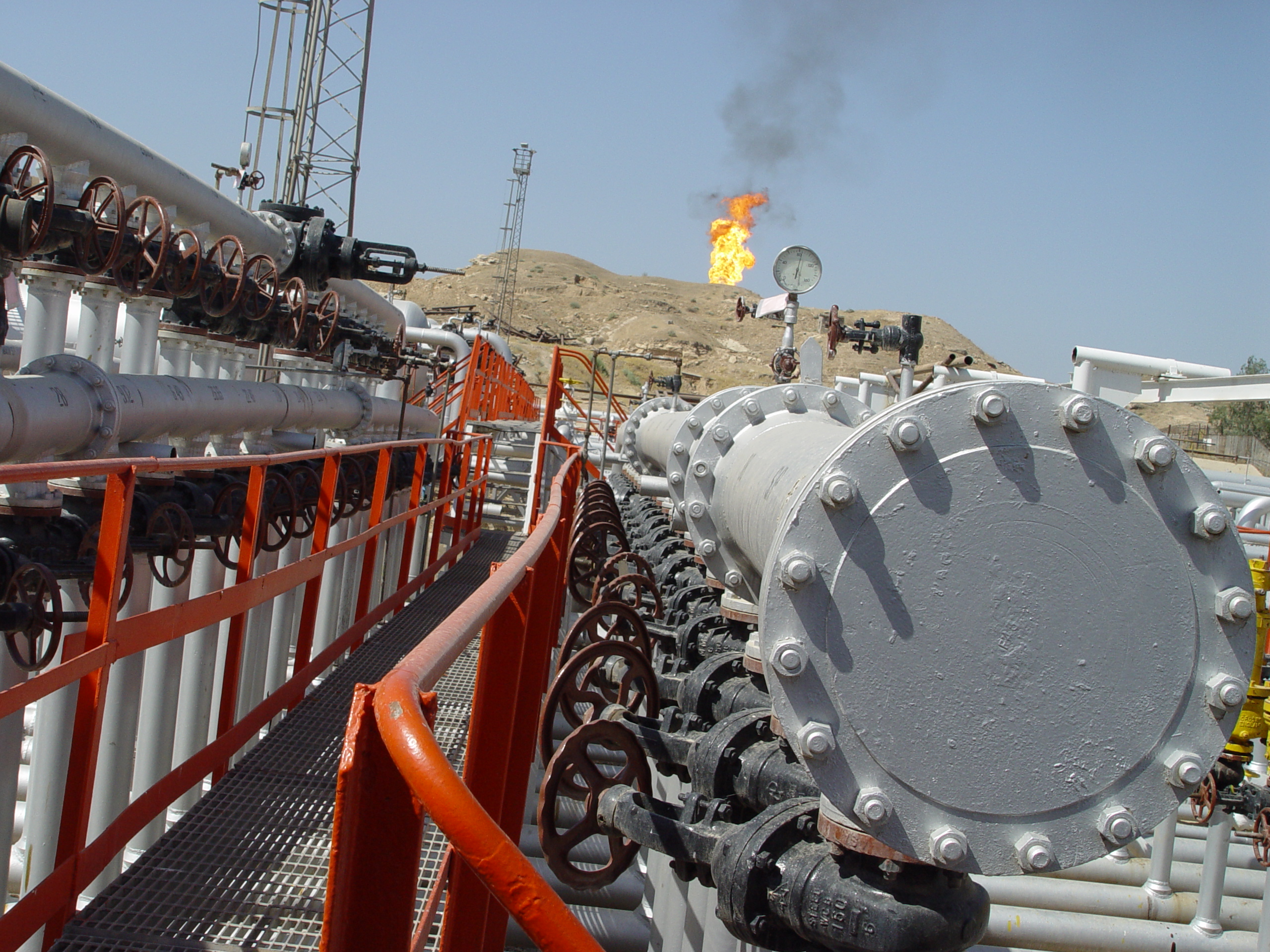
Head of Parliamentarian Friendship Group of Armenia and Iran underlined implementing agreements and launching gas pipeline to transfer Iran’s gas to Armenia. Vahram Baghdasaryan, in his meeting with Fereydoun Hassanvand, head of Iranian Parliament’s Energy Commission, added the development of relations in the energy sector and launching gas pipeline for transferring Iran’s gas to Armenia can contribute greatly to securing Armenia’s energy.
IRNA
♦ Age of addiction reaches 15 in Iran

Spokesperson of Law Enforcement Forces Brigadier-General Saeed Montazeralmahdi said with regard to drug and problem of addiction that ‘unfortunately I should say narcotic drugs are a serious problem threatening the society.’ He added that even though currently the average age of addiction in Iran is 24 for men and 26 for women, the age of starting to use drug has reached 15, which is a serious warning for all.
Iran
♦ Araghchi: Iran’s influence in West Asia worries the U.S.
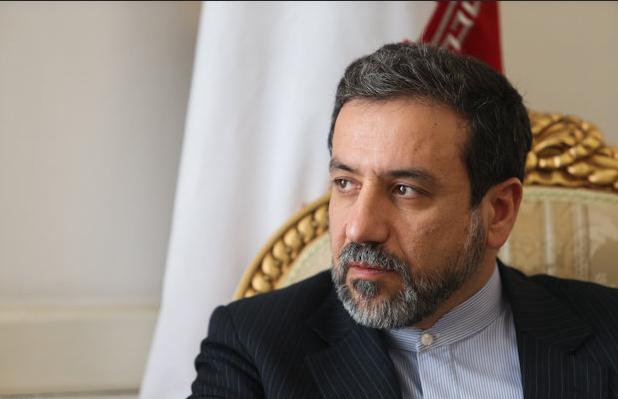
Abbas Araghchi, Deputy Foreign Minister, said during the conference called ‘Great Powers and Security in West Asia Region’ that what has made the west concerned is that, from the viewpoint of the U.S., West Asia is witnessing an increase in influence and dominance of Iran. Araghchi added that Iran is increasing its influence and dominance day by day. He continued: ‘Boosting the Resistance Axis, increase in Iran’s dominance and Russia’ presence in the region again have made Americans worried.’
As for Europeans’ view towards West Asia region, Araghchi said Europeans look at this region from the viewpoint of their own security, and tensions and conflicts in West Asia have a direct security impact on them – both in the expansion of terrorism to Europe and the immigration issue which Europe experienced in case of Syria.
ISNA
♦ People’s purchase power decreases
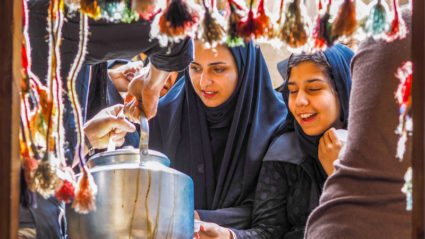
According to government’s economic officials, people’s purchase power has decreased in Iran. Currently, the income of a simple worker is 1 million and 100 thousand Tomans ($275), most of which is spent on expenses like accommodation and medical treatment. Because of increase in inflation in previous governments, purchase power of retirees has severely dropped, reaching 67%, while their salaries have increased only 10%.
Afkar news
♦ Falahatpisheh: Britain has no right to determine priorities in Iran-EU relations
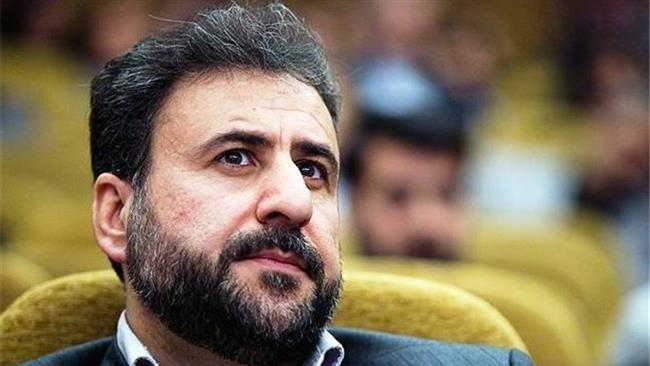
Heshmatollah Falahatpisheh, member of Parliament’s National Security and Foreign Relations Commission, pointed out to the recent trip of Britain’s FM Boris Johnson to Iran, saying ‘we shouldn’t allow Britain determine the priorities in Iran and EU relations, because our priorities are developmental issues between Iran and Europe, and sometimes the British bring up side issues.’ He added that Europeans tried to lift sanctions on banking, financial and investment issues to facilitate the process; nevertheless, in the post-JCPOA atmosphere, economic problems are Iran’s priorities, and Iran expects that the nuclear agreement would result in the entry of European investment and technologies to the country.
With regard to Nazanin Zaghari, British-Iranian dual citizen who has been detained in Iran since April 2016, Falahatpisheh said the British interference, in this case, has made it political and more difficult.
Parliament news agency
♦ Rouhani emphasizes expansion of relation between Iran and Britain
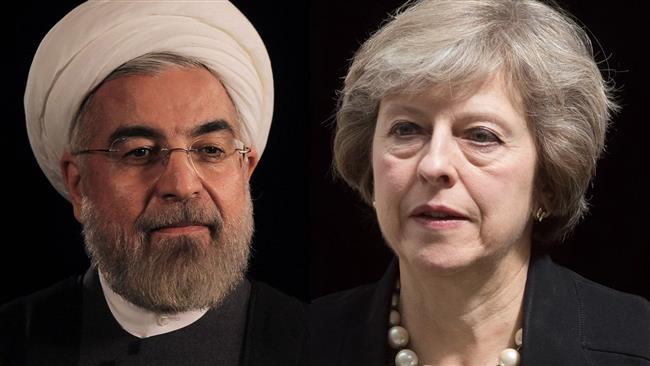
Iranian President Hassan Rouhani, in his meeting with British FM Boris Johnson, pointed out to the cooperation of Iran and P5+1 which resulted in the international nuclear deal (JCPOA), saying that determination and resolve in the post-JCPOA atmosphere must be shown in action for the comprehensive development of relations and cooperation.
Rouhani stressed on the necessity of expanding banking relations between Iran and Britain to implement JCPOA, urging that implementing and preserving JCPOA is very important, and ‘we believe that all and particularly Iranian people must benefit from this deal.’
Mehr news
♦ 31% increase in Iran-Pakistan financial transactions
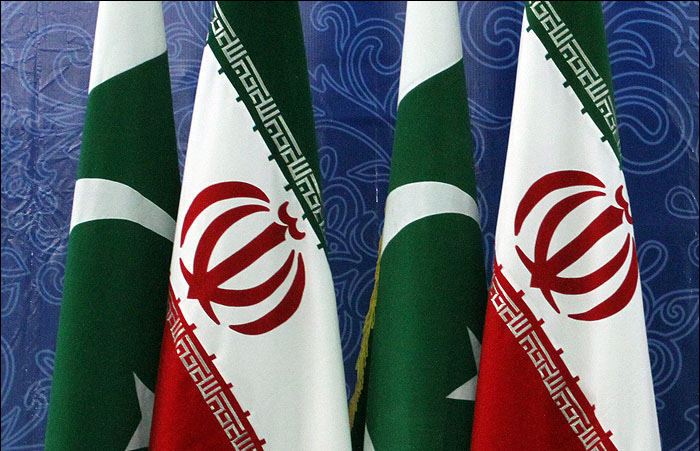
Iranian Ambassador to Pakistan Mehdi Honardoost said lack of information and knowledge about capacities of commercial communities in Iran and Pakistan was an obstacle on the path to financial transactions, but this condition has improved and financial transactions between the two countries had 31% increase last year. Honardoost, in his visit to Industry and Commerce Chamber in Karachi, Pakistan, said that commercial communities of both countries are completely unaware of each other’s capacities and opportunities, which is why he and his Pakistani counterpart must focus on exchanging information, commercial delegations, and other advertisement activities.
♦ Iranian private sector sign 22 memorandums of cooperation with South Korea
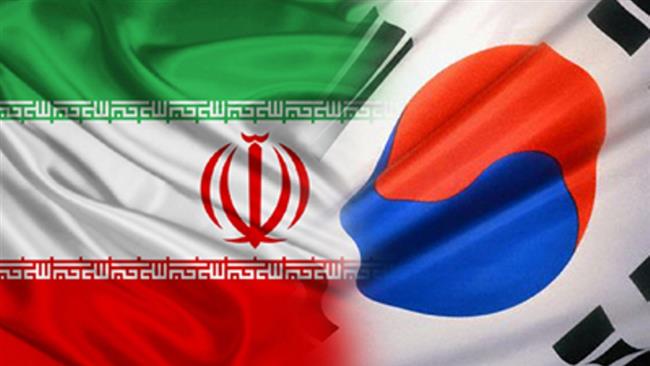
22 memorandums of cooperation were signed in Tehran for transferring technologies between private sector’s companies in Iran and South Korea. In the meeting called ‘Updating Technology; Small and Medium Enterprises in Iran and South Korea’, there were 8 foreign enterprises and 50 domestic enterprises signing these memorandums in different fields such as manufacturing thermal and cryogenic insulations, solar panels, lithium batteries, and electric motors.
IRNA
♦ Court of Audit chief: Rouhani’s government with more deviations from budget
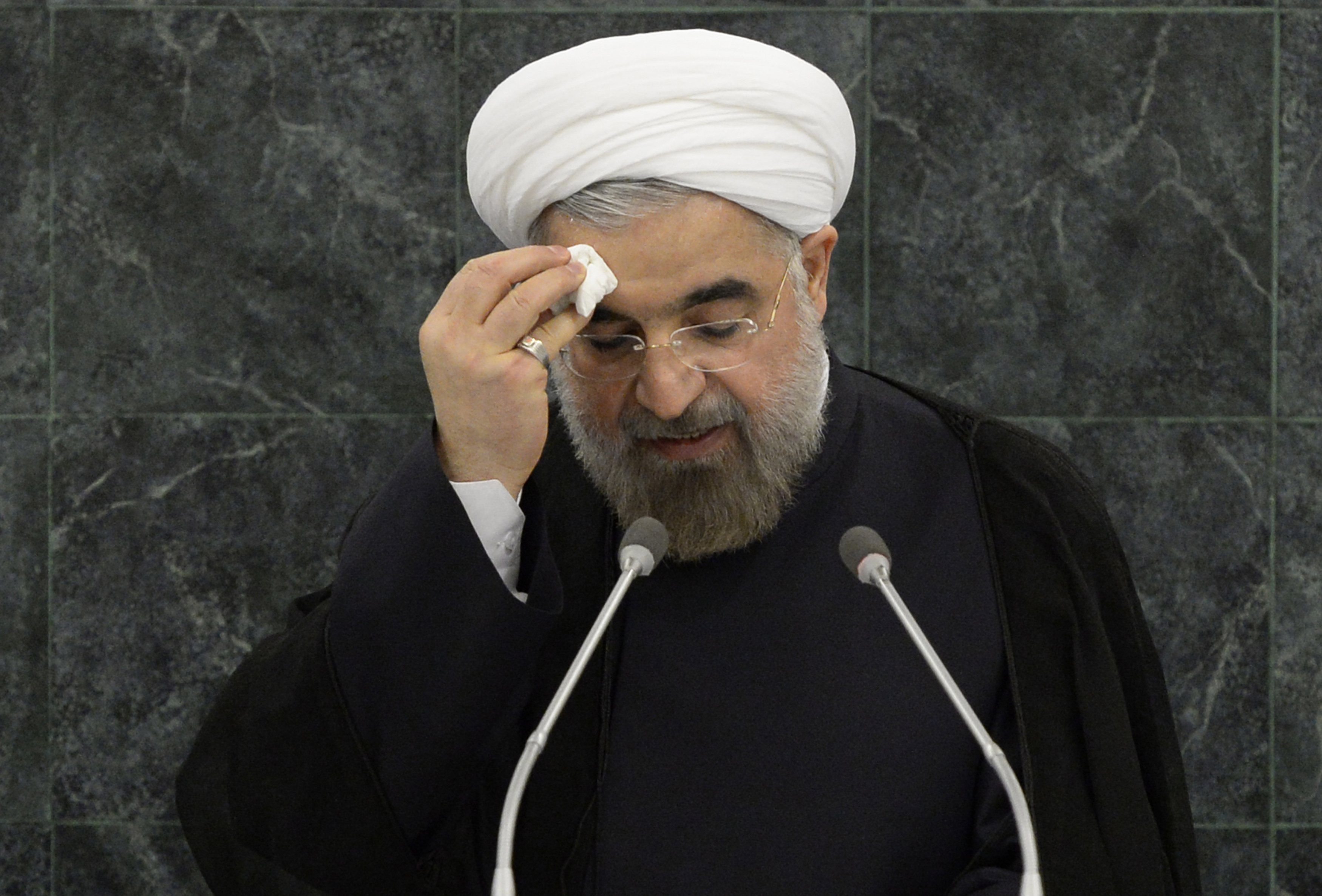
Iran’s Court of Audit Chief Adel Azar said deviations from the budget in the 11th and 12th governments, headed by Hassan Rouhani, have remained the same, and in comparison with those of 9th and 10th governments, headed by Ahmadinejad, show a decrease and increase in some parts. Azar said for 20 years, the budget planning in Iran has been derailed and disrupted, and government, parliament, experts, and observers all have a share in this issue. He added the type of budget planning is not clear in Iran, which creates many problems in this regard.
Tasnim news
♦ Salehi: Iran to unveil atomic battery in April

Head of Atomic Energy Organization of Iran Ali Akbar Salehi announced atomic batteries manufactured by this organization will be unveiled in April. Salehi added that these batteries have a lot of functions, particularly in those health issues in which the battery needs to be planted in the body of a human being, and given that it can work for 50 years, it can be considered as lifelong.
Jam-e-jam
♦ Iran, Turkey to hold joint security commission

Iranian Interior Minister Rahmani Fazli highlighted the good relationship between Tehran and Ankara, saying Iran and Turkey have many common issues, and given good cooperation in security fields, the two countries are going to hold a security commission in Turkey for clarifying a roadmap in this regard.
In a joint press conference with his Turkish counterpart, Rahmani Fazli pointed to the implementation of the security agreement between Iran and Turkey, adding that issues of terrorism, borders, smuggling goods, drug trafficking, and human trafficking were discussed in his meeting with Turkish Interior minister.
Arya news
♦ Iranian Defense Minister on latest development in military cooperation of Iran, Russia
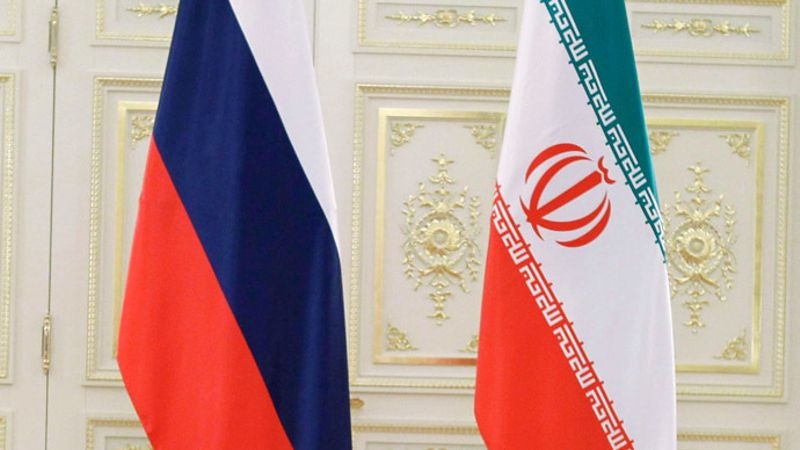
Brigadier-General Amir Hatami, Iranian Defense Minister, explained the latest news regarding developments in military-defense cooperation between Iran and Russia. Amir Hatami, with regard to the future relationship between Iran and Russia and both countries’ willingness to develop military relations, said Iran’s viewpoint towards Russia is strategic and comprehensive, and in addition to military dimensions, it includes political and economic aspects as well.
Tasnim news
♦ Ali Larijani criticizes Britain for lack of economic cooperation after JCPOA

Speaker of Parliament Ali Larijani, in his meeting with British Foreign Minister Boris Johnson, said Britain has taken no serious measures for economic cooperation after the nuclear deal (JOPOA). Larijani added while other European countries have tried more, Britain has not resolved banking problems of the Iranian embassy in London.
FM Boris Johnson urged that Britain supports JCPOA as an international agreement, and wants Iranian people to enjoy benefits not only in the nuclear part but in the economic field as well.
ISNA
♦ Nemat Hassani: Magnitude 7 quake to destroy 500,000 houses in Tehran
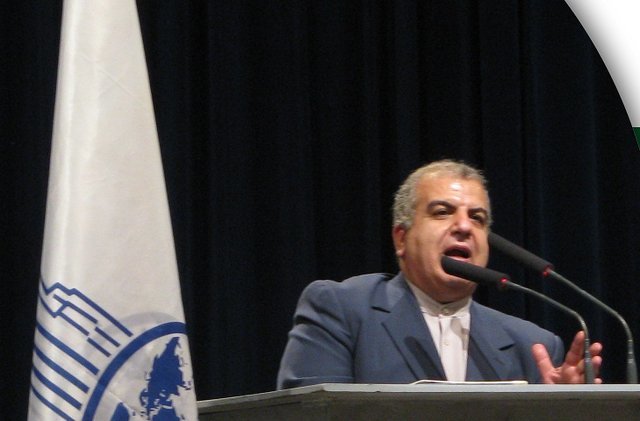
Nemat Hassani, head of Civil Engineering Department of Shahid Beheshti, said in case of an earthquake in Tehran, it will be a magnitude 7 on Richter scale, and will destroy 500,000 residential houses. Hassani added in the year 2000, Japanese researches had estimated that 380,000 to 400,000 people would lose their lives in such an earthquake, but studies conducted by Iranian researches show that in case of a magnitude 6.9 quake, 250,000 people will be killed.
Arman Emrouz
♦ US lawmakers plan to put sanctions on Iran for backing Yemeni Ansarullah
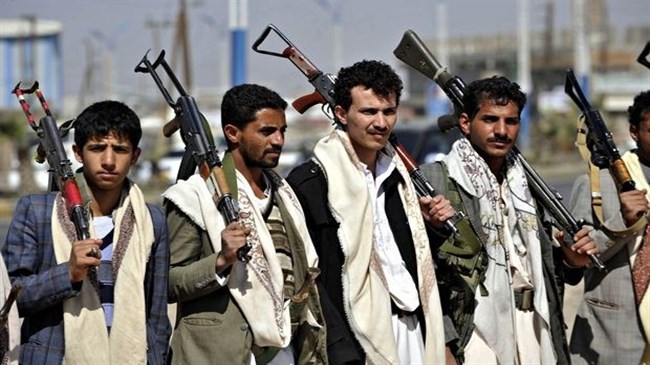
Two U.S. legislators have introduced a plan, asking for new sanctions on people and organizations affiliated with Iran on a charge of this country backing Yemeni Ansarullah. These two members of U.S. Congress accused Iran of “destabilizing activities in Yemen. Congresswoman Ileana Ros-Lehtinen, Chairperson of the Subcommittee on the Middle East and North Africa, and Congressman Ted Poe, Chairman of the Subcommittee on Terrorism, Nonproliferation and Trade, introduced the legislation called “Houthis and Iran Sanctions Accountability”.
Fars news agency
♦ Iranian Defense Minister: Iran to help Syria in reconstruction
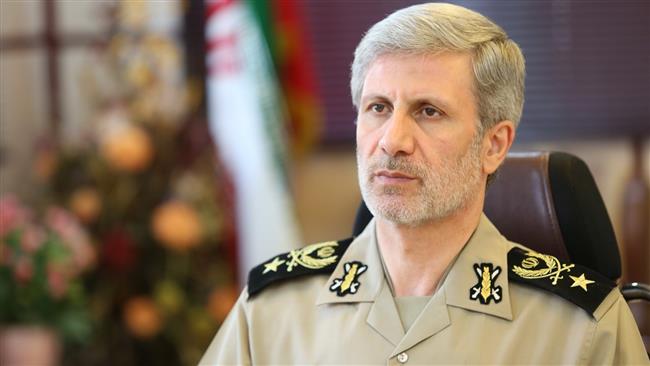
Defense Minister Amir Hatami called reconstruction of Syria ‘continuation of fighting terrorism’, saying that Iran will help Syrian Army and defense industry in reconstruction. Amir Hatami added fighting terrorism will continue through reconstruction, which will embrace all fields including the defense. Iranian Defense Minister said, ‘we must help Syria in the reconstruction of Army and defense industry so that it can regain capability to defend its territorial integrity.’
Khabar online
